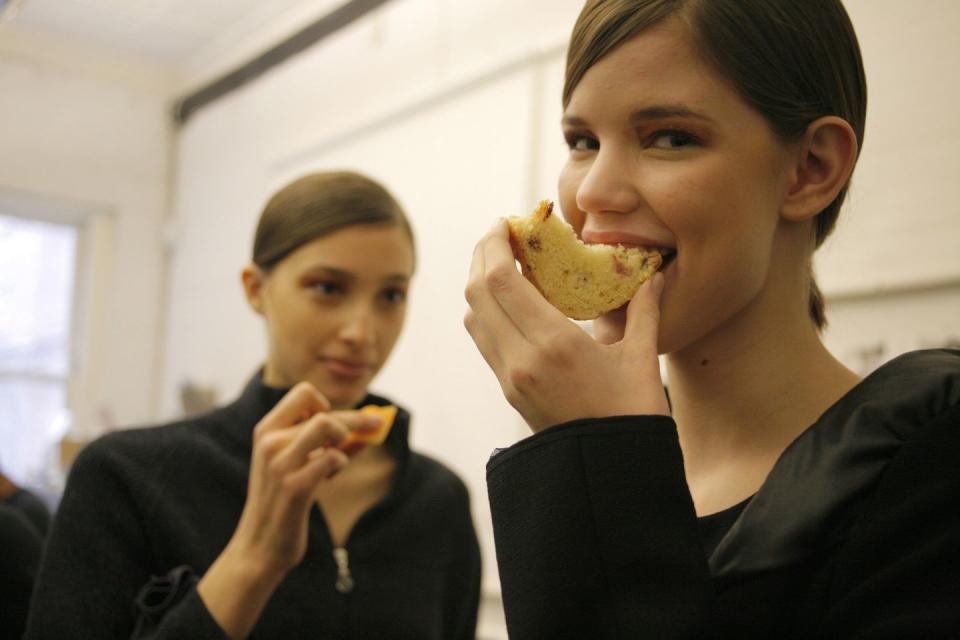Feel Like Women's Health Isn't Being Taken Seriously By The Government? You're Not Alone

The government has been accused of 'deprioritising women's health' after a new analysis found that almost 600,000 women in England are still waiting for gynaecological treatment, an increase of a third in the space of two years.
According to Labour analysis of data from the House of Commons library, there are at present 33,000 women who have been waiting for gynaecological treatments for more than a year, an increase of 43% since 2022.
FIND OUT MORE ON ELLE COLLECTIVE
The analysis also found that there is no region in England that is currently meeting the government’s target for cervical cancer screenings, noting how access to said screenings and gynaecological treatments is something of a 'postcode lottery'.

In London, only three-fifths of eligible women have been screened for cervical cancer, while in the north east of England almost three-quarters of women have.
The findings have emerged after the government pledged in 2022 to end decades of gender-based health inequalities through its inaugural women’s health strategy for England. The strategy included pledges to increase access to contraception, IVF, maternity support and mental health services.
The strategy noted how 'historically, the health and care system has been designed by men, for men', with women living longer than men on average but spending about an estimated quarter of their lives in poor health, compared with a fifth for men.

This isn't the first time that the suggestion that women's health has made headlines. Google confirmed earlier this year that since 2004, women’s health has been searched 70% less than men’s health in the UK, with breast cancer and infertility being less searched over time — despite the fact that rates of the former are set to rise by 1% this year, and fertility fell to its lowest recorded level between 2010-20. The implication, experts have suggested, is that women are resigning themselves to the fact that there is simply a dearth of research, information and guidance pertaining to women’s health problems. Because where women’s health queries go, answers seem worryingly slow to follow.
ELLE Collective is a new community of fashion, beauty and culture lovers. For access to exclusive content, events, inspiring advice from our Editors and industry experts, as well the opportunity to meet designers, thought-leaders and stylists, become a member today HERE.
You Might Also Like


